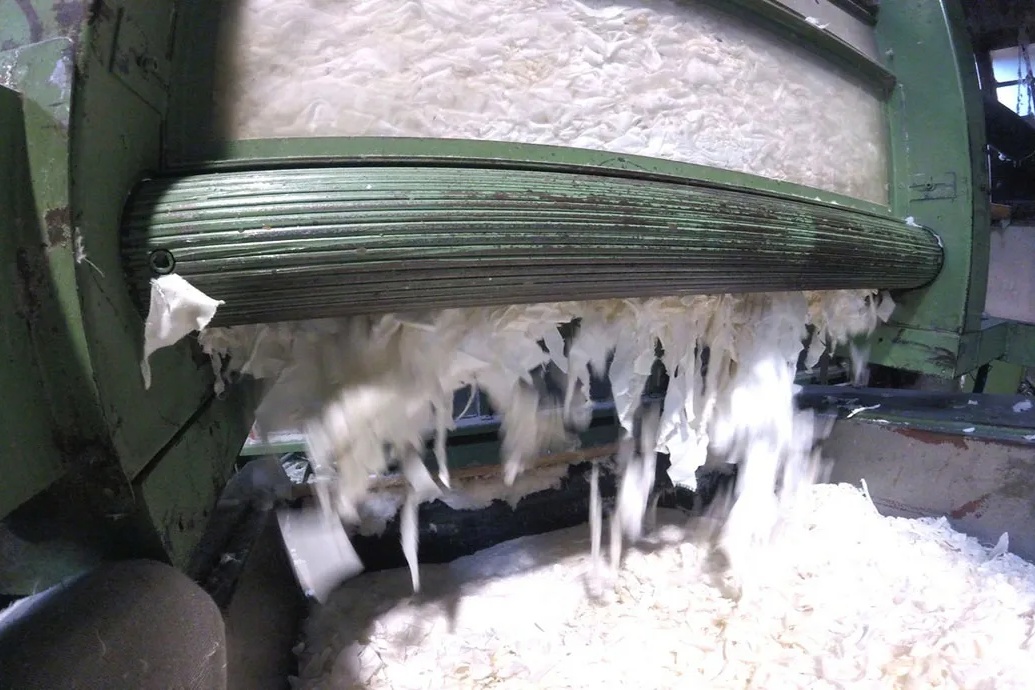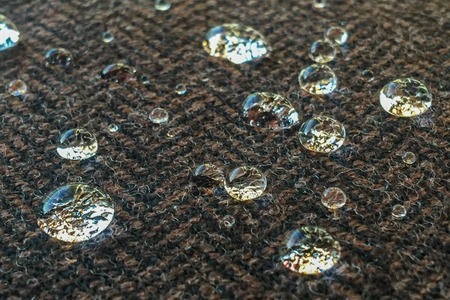
Lenzing launches Fiber Recycling Initiative by Tencel
YarnsandFibers News Bureau 2023-04-03 14:29:17 – AustriaCellulosic fibre producer Lenzing Group has launched the initial phase of the ‘Fiber Recycling Initiative’ by Tencel alongside its valued mill partners, Artistic Milliners from Pakistan, Canatiba from Brazil and Textil Santanderina from Spain.
The new initiative, which aims to promote circularity in the global textile sector, begins with the creation of denim textiles made from mechanically recycled Tencel-branded lyocell fibers. The program reimagines the cyclical future of a sustainable denim industry internationally by using pre-consumer lyocell waste on a commercial scale.
Tuncay Kiliçkan, head of global business development for denim at Lenzing, said that brands and customers expect them to lead the transformation toward a more sustainable industrial value chain. Their like-minded, long-standing value chain partners have creatively uncovered the mechanical recycling of Tencel Lyocell fibers in denim production as they continuously search for ways to promote circularity across all components of the textile sector. The creation of Tencel's "Fiber Recycling Initiative" aims to spread awareness of the advantages and realize the full potential of the new circular fabric, despite the fact that the concept is still fairly new to the larger industry.
The new circularity initiative's inaugural phase highlights Lenzing and its mill partners' continued efforts to produce sustainable denim and innovate in response to a request for sustainability, circularity, and transparency in the world's textile value chain. Lenzing stated in a news statement that this is being driven by a rise in consumer demand for more sustainable and circular product solutions.
Baber Sultan, director of research, product, and trend at Artistic Milliners, said that denim circularity is undoubtedly the present and the inevitable future of denim. Machine recycling has expanded beyond textiles, especially in the paper and construction industries. With the high tenacity of Tencel Lyocell fibers, it is advantageous to produce higher-quality fabrics while increasing the recycled content. In particular, with the nostalgia surrounding Y2K and other retro styles, the new fabric has enormous potential in international markets. With the neppy denim aesthetics and mechanically recycled Tencel Lyocell fibers, the iconic salt and pepper look fully flourishes.
According to Canatiba's product development team, mechanically recycled Tencel Lyocell fibers are perfect for denim. Unlike cotton, the new fabric maintains the length, resistance, and all other physical attributes of virgin fibers while still being incredibly soft to the touch. It is produced using an eco-friendly, sustainable approach that uses no water or chemicals. Mechanically recycled lyocell fibers in Brazil have a great deal of potential to catch on with major retailers.
Also, the fibers may be distinguished in finished goods, guaranteeing the production processes' transparency and traceability. The usage of mechanically recycled Tencel Lyocell fibers can be documented and validated because they can be traced back to their sources, ensuring more accountability and transparency in the supply chain.
Market Intelligence
Ask for free sample Report

experience
Customer Base
dedicated team
Countries Served Worldwide









